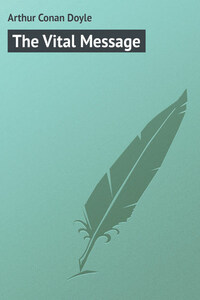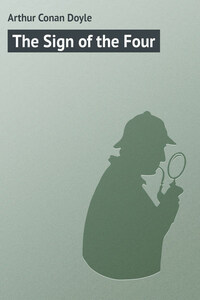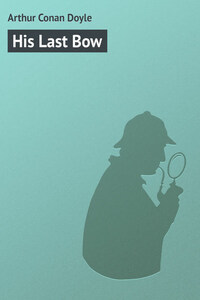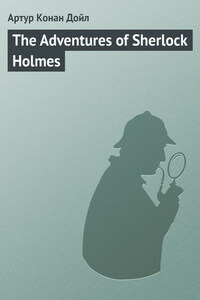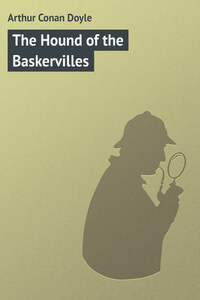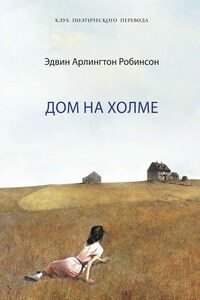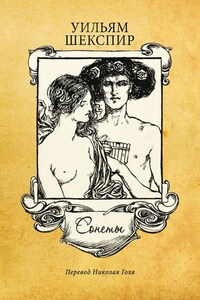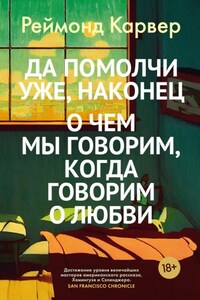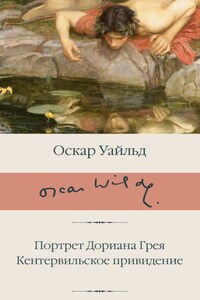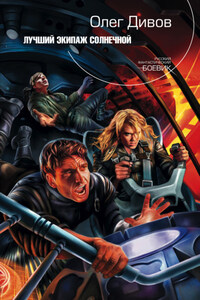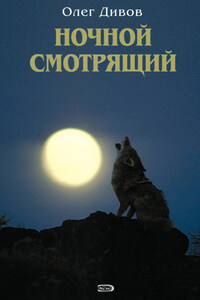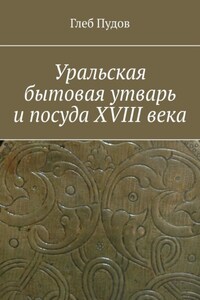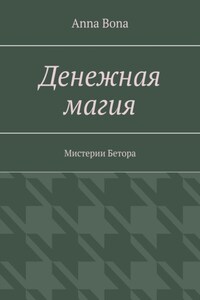Chapter I. The two needful readjustments
It has been our fate, among all the innumerable generations of mankind, to face the most frightful calamity that has ever befallen the world. There is a basic fact which cannot be denied, and should not be overlooked. For a most important deduction must immediately follow from it. That deduction is that we, who have borne the pains, shall also learn the lesson which they were intended to convey. If we do not learn it and proclaim it, then when can it ever be learned and proclaimed, since there can never again be such a spiritual ploughing and harrowing and preparation for the seed? If our souls, wearied and tortured during these dreadful five years of self– sacrifice and suspense, can show no radical changes, then what souls will ever respond to a fresh influx of heavenly inspiration? In that case the state of the human race would indeed be hopeless, and never in all the coming centuries would there be any prospect of improvement.
Why was this tremendous experience forced upon mankind? Surely it is a superficial thinker who imagines that the great Designer of all things has set the whole planet in a ferment, and strained every nation to exhaustion, in order that this or that frontier be moved, or some fresh combination be formed in the kaleidoscope of nations. No, the causes of the convulsion, and its objects, are more profound than that. They are essentially religious, not political. They lie far deeper than the national squabbles of the day. A thousand years hence those national results may matter little, but the religious result will rule the world. That religious result is the reform of the decadent Christianity of to-day, its simplification, its purification, and its reinforcement by the facts of spirit communion and the clear knowledge of what lies beyond the exit-door of death. The shock of the war was meant to rouse us to mental and moral earnestness, to give us the courage to tear away venerable shams, and to force the human race to realise and use the vast new revelation which has been so clearly stated and so abundantly proved, for all who will examine the statements and proofs with an open mind. Consider the awful condition of the world before this thunder-bolt struck it. Could anyone, tracing back down the centuries and examining the record of the wickedness of man, find anything which could compare with the story of the nations during the last twenty years! Think of the condition of Russia during that time, with her brutal aristocracy and her drunken democracy, her murders on either side, her Siberian horrors, her Jew baitings and her corruption. Think of the figure of Leopold of Belgium, an incarnate devil who from motives of greed carried murder and torture through a large section of Africa, and yet was received in every court, and was eventually buried after a panegyric from a Cardinal of the Roman Church – a church which had never once raised her voice against his diabolical career. Consider the similar crimes in the Putumayo, where British capitalists, if not guilty of outrage, can at least not be acquitted of having condoned it by their lethargy and trust in local agents. Think of Turkey and the recurrent massacres of her subject races. Think of the heartless grind of the factories everywhere, where work assumed a very different and more unnatural shape than the ancient labour of the fields. Think of the sensuality of many rich, the brutality of many poor, the shallowness of many fashionable, the coldness and deadness of religion, the absence anywhere of any deep, true spiritual impulse. Think, above all, of the organised materialism of Germany, the arrogance, the heartlessness, the negation of everything which one could possibly associate with the living spirit of Christ as evident in the utterances of Catholic Bishops, like Hartmann of Cologne, as in those of Lutheran Pastors. Put all this together and say if the human race has ever presented a more unlovely aspect. When we try to find the brighter spots they are chiefly where civilisation, as apart from religion, has built up necessities for the community, such as hospitals, universities, and organised charities, as conspicuous in Buddhist Japan as in Christian Europe. We cannot deny that there has been much virtue, much gentleness, much spirituality in individuals. But the churches were empty husks, which contained no spiritual food for the human race, and had in the main ceased to influence its actions, save in the direction of soulless forms. This is not an over-coloured picture. Can we not see, then, what was the inner reason for the war? Can we not understand that it was needful to shake mankind loose from gossip and pink teas, and sword-worship, and Saturday night drunks, and self– seeking politics and theological quibbles – to wake them up and make them realise that they stand upon a narrow knife-edge between two awful eternities, and that, here and now, they have to finish with make-beliefs, and with real earnestness and courage face those truths which have always been palpable where indolence, or cowardice, or vested interests have not obscured the vision. Let us try to appreciate what those truths are and the direction which reform must take. It is the new spiritual developments which predominate in my own thoughts, but there are two other great readjustments which are necessary before they can take their full effect. On the spiritual side I can speak with the force of knowledge from the beyond. On the other two points of reform, I make no such claim. The first is that in the Bible, which is the foundation of our present religious thought, we have bound together the living and the dead, and the dead has tainted the living. A mummy and an angel are in most unnatural partnership. There can be no clear thinking, and no logical teaching until the old dispensation has been placed on the shelf of the scholar, and removed from the desk of the teacher. It is indeed a wonderful book, in parts the oldest which has come down to us, a book filled with rare knowledge, with history, with poetry, with occultism, with folklore. But it has no connection with modern conceptions of religion. In the main it is actually antagonistic to them. Two contradictory codes have been circulated under one cover, and the result is dire confusion. The one is a scheme depending upon a special tribal God, intensely anthropomorphic and filled with rage, jealousy and revenge. The conception pervades every book of the Old Testament. Even in the psalms, which are perhaps the most spiritual and beautiful section, the psalmist, amid much that is noble, sings of the fearsome things which his God will do to his enemies. "They shall go down alive into hell." There is the keynote of this ancient document – a document which advocates massacre, condones polygamy, accepts slavery, and orders the burning of so-called witches. Its Mosaic provisions have long been laid aside. We do not consider ourselves accursed if we fail to mutilate our bodies, if we eat forbidden dishes, fail to trim our beards, or wear clothes of two materials. But we cannot lay aside the provisions and yet regard the document as divine. No learned quibbles can ever persuade an honest earnest mind that that is right. One may say: "Everyone knows that that is the old dispensation, and is not to be acted upon." It is not true. It is continually acted upon, and always will be so long as it is made part of one sacred book. William the Second acted upon it. His German God which wrought such mischief in the world was the reflection of the dreadful being who ordered that captives be put under the harrow. The cities of Belgium were the reflection of the cities of Moab. Every hard-hearted brute in history, more especially in the religious wars, has found his inspiration in the Old Testament. "Smite and spare not!" "An eye for an eye!", how readily the texts spring to the grim lips of the murderous fanatic. Francis on St. Bartholomew's night, Alva in the Lowlands, Tilly at Magdeburg, Cromwell at Drogheda, the Covenainters at Philliphaugh, the Anabaptists of Munster, and the early Mormons of Utah, all found their murderous impulses fortified from this unholy source. Its red trail runs through history. Even where the New Testament prevails, its teaching must still be dulled and clouded by its sterner neighbour. Let us retain this honoured work of literature. Let us remove the taint which poisons the very spring of our religious thought.
